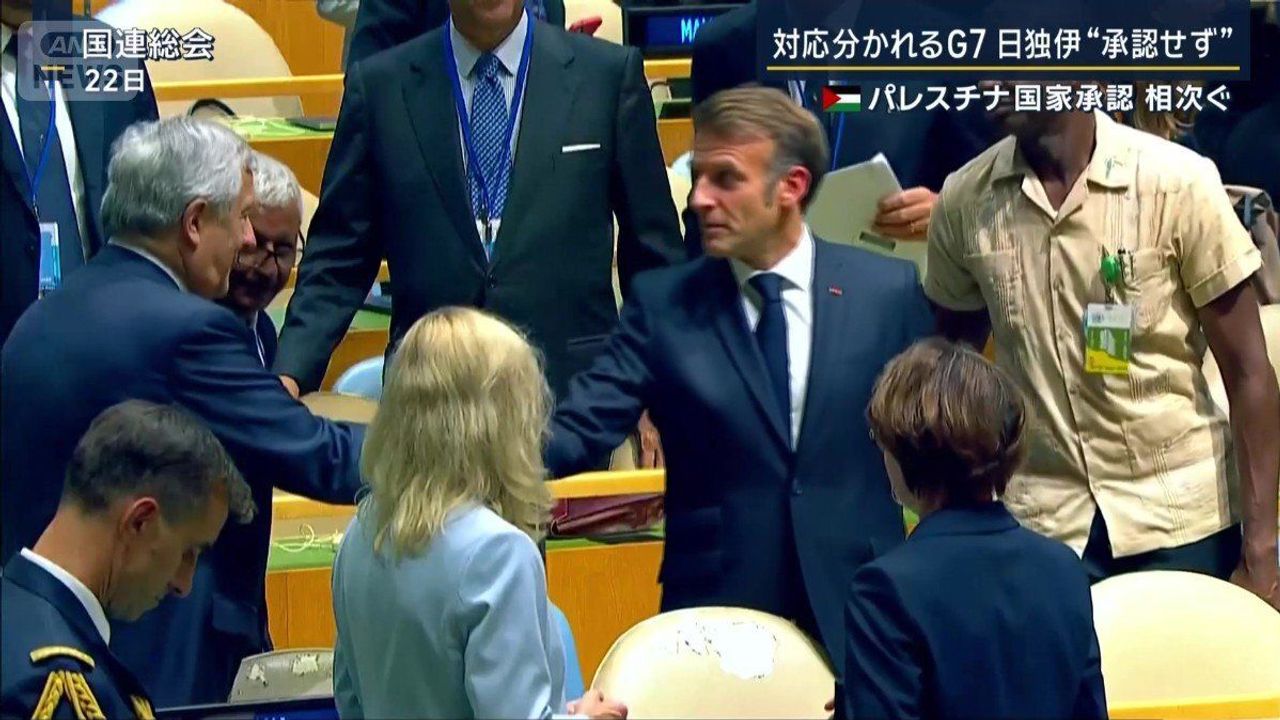A recent development on global politics – Japan's acknowledgment of the statehood of Palestine, has caused a ripple within the G7 international forum. The Japanese government's decision, regarded as potentially pivotal in the long-standing Middle-East impasse, has sparked varied reactions among the G7 members. The event as well as the ensuing debates raises questions about how international consensus is attuned to shifting geopolitics.
In Japan, the recognition of Palestine's statehood reflects their diplomatic tradition of invoking pacifist values while negotiating international politics. Traditionally, Japan has played a mediatory role in world affairs, often advocating for a peaceful resolution of conflicts. In this context, Japan's recognition of Palestine could be seen as a step toward resolving the Middle East crisis, but the decision has been met with mixed responses domestically due to the sensitive nature of the issue.
Such issues in the US and EU are typically more divided along partisan lines. While some countries in the EU have recognized Palestine as a state, others have not, with the US historically siding with Israel on the issue. Differing from the US, Japan's approach leans more towards neutrality, advocating for coexistence.

